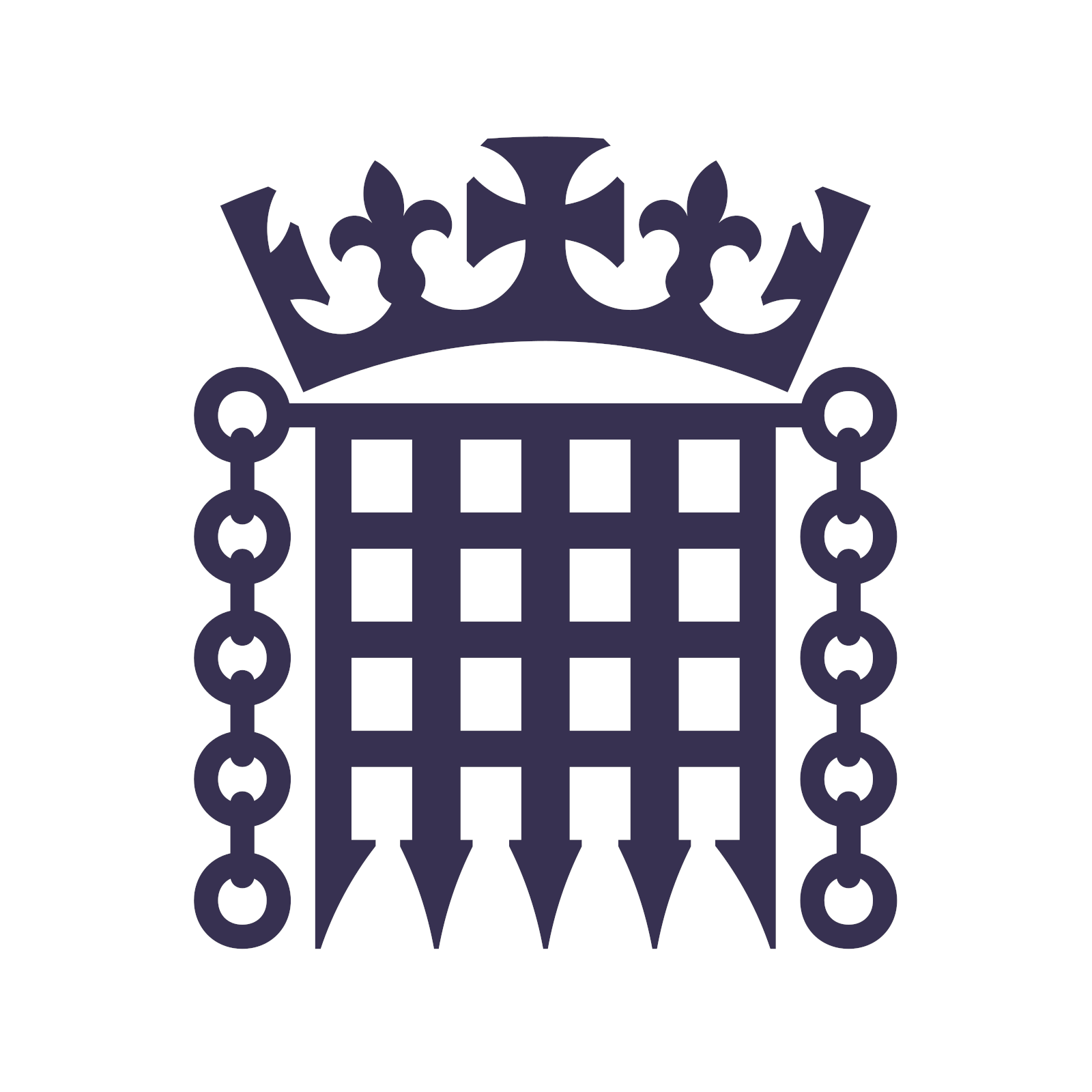The Tory general election campaign hit more trouble on Saturday as Rishi Sunak faced accusations of using levelling up funds to win votes and Labour opened its biggest poll lead since the disastrous premiership of Liz Truss.
As Sunak tried to fire up his party’s campaign before the first crucial TV debate with Keir Starmer on Tuesday, it emerged that more than half of the 30 towns each promised £20m of regeneration funding on Saturday were in constituencies won by Tory MPs at the last election.
Some 17 of the £20m pots went to towns in areas won by the Conservatives in 2019, although two of those were no longer held by Conservative MPs when the general election was called.
Just eight awards were made to towns in Labour seats, although many of the party’s strongholds tend to be in more deprived areas in need of levelling up money.
The funding pledge led to accusations from Sunak’s opponents of “pork barrel” politics, while those involved in regeneration of the north said the announcement was more about winning votes than levelling up.
The row came as the latest Opinium poll for the Observer on Sunday gives Labour a 20-point lead – the highest level it has recorded since Truss was briefly running the country.
This is despite Labour having endured a torrid week on the election trail and days of infighting over whether veteran Diane Abbott should be allowed to stand again.
Labour is on 45% – up four points on last weekend, while the Conservatives are down two points on 25%. Reform is up on one on 11%, the Lib Dems down two on 8%, and the Greens down one on 6%.
The poll also showed more people (45%) thought the Tories’ big announcement last weekend – the reintroduction of a form of mandatory national service for 18-year-olds – was a bad idea than thought it was a good one (35%).


Lib Dems could have formed a coalition government with labour instead of forced a Tory minority government and a quicker return to the polls. Clegg chose power over his party.